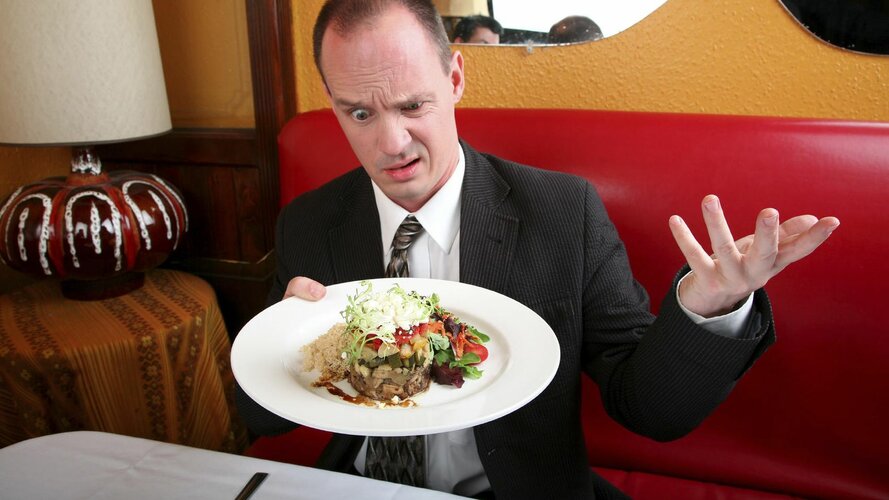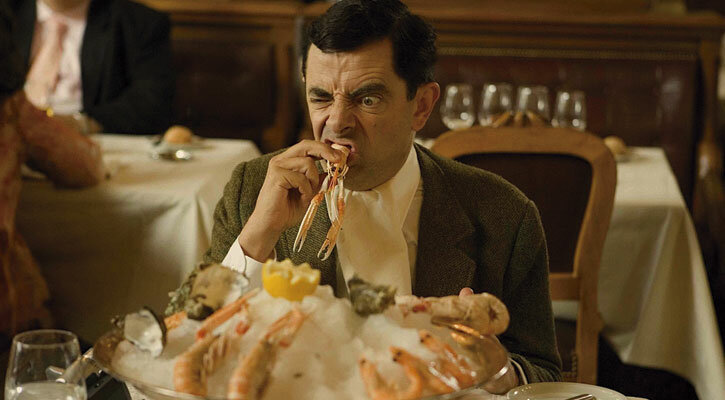Scribes are actually quite common in the medical field. Speaking of...
You'd agree that engineers and doctors don't require gatekeeping, then, too? If one industry appeals to the lowest common, they all do, eventually. Doctors already get passed through medical school without firm grasps of fundamentals and basic medical sign knowledge. Plenty of engineers at Tesla can't seem to make very good cars, either, and have managed to fall behind SLS at every turn with their Moon rocket.
You could easily replace them with an advanced AI, which I'm sure you agree would be good, regardless of the social consequences? You can't sue an AI, after all, which is surely a good thing.
It's fairly pedestrian a statement to claim that opening things which require skills, whether photographic, painterly, mathematical, or medical, should be done with caution at best. Unless your goal is to see humans return to a broadly menial labor focused society with extremely small numbers of specialists and wealthy landed aristocrats, I guess, but I suppose that is the goal of people like Peter Thiel and Elon Musk.
One thing that is certainly difficult for AI is interaction with the tangible, real world. We'll always need berry pickers, assembly line workers, and ditch diggers. Engineers, artisans, and historians rather less, though surgeons and barbers will likely be safe, but their help may become AI. So yes, it is certainly lamentable that human talent and basic investments in learning are being so watered down that even rocket engineers and historians may eventually be forced to become strawberry pickers or supermarket greeters.
That's not exactly a system that people are going to support, for one thing.







